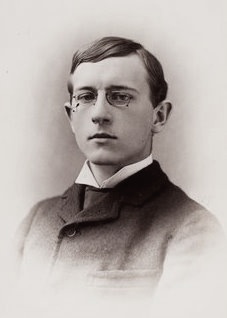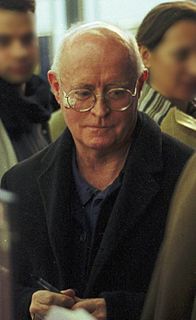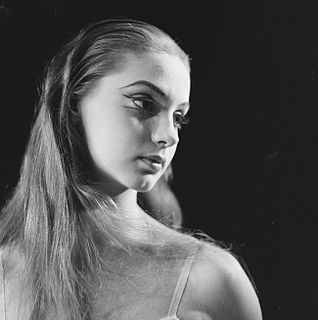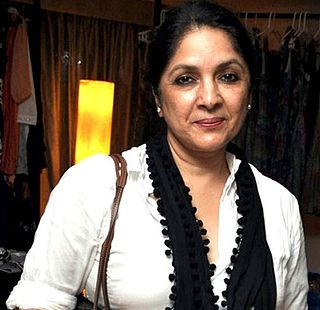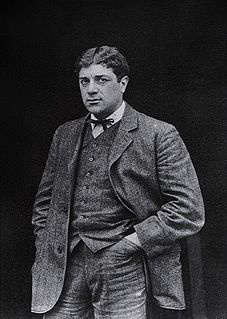A Quote by George Pierce Baker
When the drama attains a characterization which makes the play a revelation of human conduct and a dialogue which characterizes yet pleases for itself, we reach dramatic literature.
Quote Topics
Related Quotes
You see, for me a painting is a dramatic action in the course of which the reality finds itself split apart. For me, that dramatic action takes precedence over all other considerations. The pure plastic act is only secondary as far as I'm concerned. What counts is the drama of that plastic art, the moment at which the universe comes out of itself and meets its own destruction.
I believe in revelation, but not in revelation which each religion claims to possess, but in the living revelation which surrounds us on every side - mighty, eternal, unceasing, incorruptible, clear, distinct, universal as is the being from whom it proceeds, in that revelation which speaks to us and penetrates us from the moment we are born until we die.
My conception of the audience is of a public each member of which is carrying about with him what he thinks is an anxiety, or a hope, or a preoccupation which is his alone and isolates him from mankind and in this respect at least the function of a play is to reveal him to himself so that he may touch others by virtue of the revelation of his mutuality with them. If only for this reason I regard the theater as a serious business, one that makes or should make man more human, which is to say, less alone.
I have made a great discovery. I no longer believe in anything. Objects don't exist for me except in so far as a rapport exists between them and myself. When one attains this harmony, one reaches a sort of intellectual non-existence, what I can only describe as a sense of peace, which makes everything possible and right. Life then becomes a perpetual revelation. That is true poetry.
